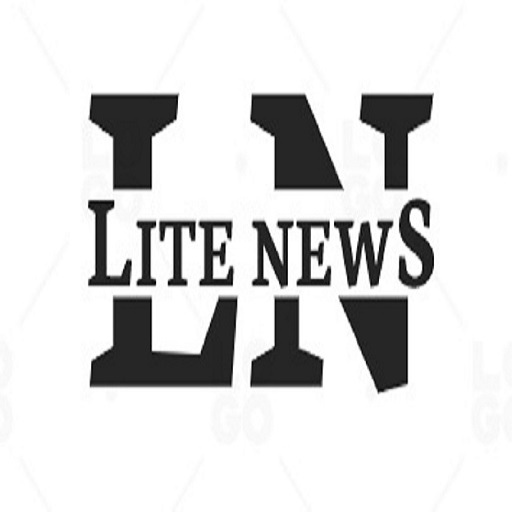US Secretary of State Antony Blinken looks on during a press conference in Geneva on January 21, 2022 following a meeting with Russian Foreign Minister. Washington and Moscow´s top diplomats agreed at high-stakes talks to keep working to ease tensions over Ukraine.
WASHINGTON: The United States has ordered the families of its diplomats to leave Ukraine, as growing fears of a Russian invasion prompted Western officials to meet on Monday to coordinate their response and compile a battery of sanctions against Moscow. inspired.
It comes as EU foreign ministers will try to align their response with that of the US on Monday, when Washington's top diplomat Antony Blinken will be joined by videolink at a meeting of his EU counterparts.
He will brief him on his talks with Russian Foreign Minister Sergei Lavrov in Geneva on Friday, where the two sides agreed to work to de-escalate tensions, but failed to make a major breakthrough to defuse the escalating crisis. are.
The West accused Moscow of threatening further incursions into its pro-Western neighbor by gathering more than 100,000 troops along its border. The Kremlin insists that its forces are not there to attack.
As tensions rose, Washington authorized the "voluntary" departure of non-essential embassy staff and urged its citizens in the Eastern European country to "consider departing now" before any possible Russian military action. .
The United States has made a diplomatic push to stop Russian President Vladimir Putin from invading Ukraine and to marshal his allies to prepare dangling economic penalties for Moscow if he acts.
Blinken has committed to providing a written response to Moscow this week as he laid out a series of security demands that would prevent Ukraine from joining NATO and withdraw Washington's influence in Eastern Europe.
EU foreign ministers gathered in Brussels will look to give voice to the United States on its plans as Europe worries it has been left open to discussions about its security arrangements.
Washington and the European Union have threatened "massive consequences" if Moscow sends in its forces - but achieving consensus for drastic measures among the bloc's 27 countries is a complicated task.
EU officials are consulting with member states to prepare a raft of punitive sanctions in case of Putin's aggression.
Meanwhile, Washington issued a travel advisory warning Americans to avoid all travel to Russia because of the situation "at the border with Ukraine" that could face "persecution".
'Encouragement to Putin'
Foreign ministers are not expected to approve any alternative to the sanctions on Monday - but a senior EU official insisted they could be imposed in a matter of "days" if needed.
"The response will be very quick, the reaction will be very clear," the official said.
Another EU official working on sanctions told AFP that Europe's huge oil and gas imports were seen as a potential gain.
But a European diplomat said the German-led complaints appeared to have led to a proposal to cut Moscow off the global SWIFT payment system.
Ukraine shrugged off Berlin's refusal to supply weapons to Kiev over the weekend and Swift accused him of "encouraging Putin".
Blinken, who was in Germany last week, insisted he had "no doubt" that the EU economic superpower was firm on the crisis.
Britain, which left the European Union at the end of 2020, intensified rhetoric with Moscow over the weekend alleging it had information on the Kremlin installing a "pro-Russian" leader in Kiev.
'Low-level conflict'
Current fears of Russian aggression follow Moscow's annexation of Crimea from Ukraine in 2014.
Kiev is already fighting a low-level conflict with Russian-backed rebels that control a part of the country's east that has killed 13,000 people in the past eight years.
Some within the EU fear it is being overlooked in the current crisis as Moscow focuses its talks with the US and NATO in a move reminiscent of the Cold War era.
But there has been backlash, especially from Eastern members, against a proposal by French President Emmanuel Macron that the bloc should begin its security talks with Russia.
A draft statement from foreign ministers, seen by AFP, said the EU "will actively and substantially contribute to discussions within the current framework".

